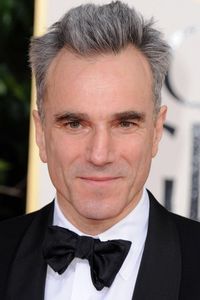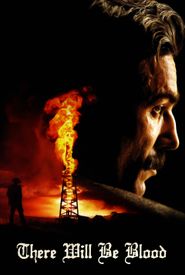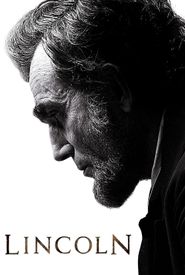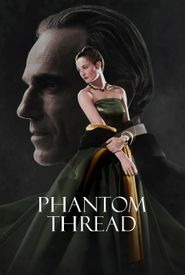Daniel Michael Blake Day-Lewis was born in London, England, to Cecil Day-Lewis, the Poet Laureate of the U.K., and his second wife, actress Jill Balcon. His maternal grandfather, Sir Michael Balcon, was an influential figure in British cinema and the head of Ealing Studios. Day-Lewis's sister, Tamasin Day-Lewis, is a documentarian.
Daniel Day-Lewis was educated at Sevenoaks School in Kent, which he disliked, and the more progressive Bedales in Petersfield, which he adored. He studied acting at the Bristol Old Vic School.
Day-Lewis made his film debut in Sunday Bloody Sunday (1971) but then focused on stage work with the Bristol Old Vic and Royal Shakespeare Companies. He did not appear on screen again until 1982, when he landed his first adult role in Gandhi (1982).
Notable theatrical performances include Another Country (1982-83),Dracula (1984),and The Futurists (1986). His first major supporting role in a feature film was in The Bounty (1984),followed by My Beautiful Laundrette (1985) and A Room with a View (1985),which earned him the New York Film Critics' Best Supporting Actor award.
In 1986, he appeared on stage in Richard Eyre's "The Futurists" and on television in Eyre's production of The Insurance Man (1986). He also had a small role in the British/French film Nanou (1986).
Day-Lewis assumed leading-man status in Philip Kaufman's The Unbearable Lightness of Being (1988) and then starred in the unsuccessful Stars and Bars (1988). His performance as Christy Brown in Jim Sheridan's My Left Foot (1989) won him numerous awards, including the Academy Award for Best Actor.
He returned to the stage to work again with Eyre as Hamlet at the National Theater, but was forced to leave the production due to exhaustion. He took a hiatus from film until 1992, when he starred in The Last of the Mohicans (1992).
Day-Lewis worked with American director Martin Scorsese in The Age of Innocence (1993),based on Edith Wharton's novel. He then teamed again with Jim Sheridan to star in In the Name of the Father (1993),a critically acclaimed performance that earned him another Academy Award nomination.
His next project was in the role of John Proctor in father-in-law Arthur Miller's play The Crucible (1996),directed by Nicholas Hytner. He worked with Scorsese again to star in Gangs of New York (2002),another critically acclaimed performance that earned him another Academy Award nomination.
Day-Lewis's wife, Rebecca Miller, offered him the lead role in her film The Ballad of Jack and Rose (2005),in which he played a dying man with regrets over his life. During filming, he arranged to live separate from his wife to focus on his character's reality.
In 2007, he starred in director Paul Thomas Anderson's loose adaptation of Upton Sinclair's novel "Oil!", titled There Will Be Blood (2007). Day-Lewis received the Academy Award for Best Actor, BAFTA Award for Best Actor in a Leading Role, Golden Globe Award for Best Actor - Motion Picture Drama, Screen Actors Guild Award for Outstanding Performance by a Male Actor in a Leading Role, and a variety of film critics' circle awards for the role.
In 2009, Day-Lewis starred in Rob Marshall's musical adaptation Nine (2009) as film director Guido Contini. He was nominated for the Golden Globe Award for Best Actor - Motion Picture Musical or Comedy and the Satellite Award for Best Actor - Motion Picture Musical or Comedy.





















































